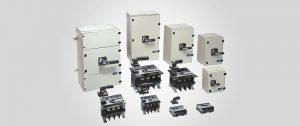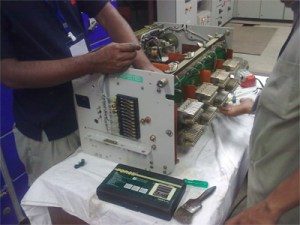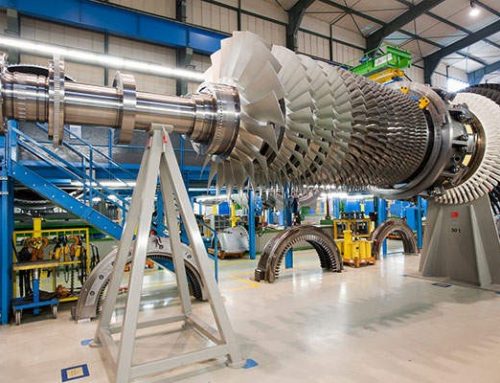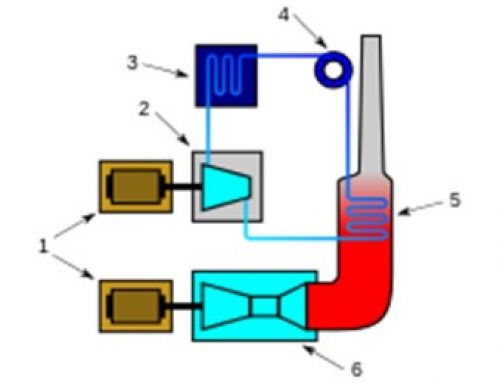Project Description
Why attend
This course introduces to a maintenance technician, to the basic types of circuit breakers and to their public terminology. It discusses circuit design, installation and maintenance with emphasis on avoiding early failures. Various plants may probably have up-to-date equipment of a limited variety and manufacture. It is these similarities that will be covered in the course.
Successfully completing this course, each participant will be capable to recognize typical causes of early circuit breakers and switch gears parts failure and outline precise maintenance practices to improve performance and prolong circuit part life. Skills and awareness to both maintain and improving equipment are presented and practiced in an easy practical way.

Course Objectives
By the end of the course, participants will be able to:
Examine, maintain, design, repair and troubleshoot circuit breakers and switchgears.
Implement an in-depth knowledge and skills on LV/MV/HV circuit breakers and switchgears.
Define the switchgear details such as ratings, degree of protection, service conditions and ancillary equipment.
Explain switchgear asset management including CBM & RCM process, tripping devices, maintenance & testing and identify the various switchgear diagnostic techniques.
Recognize & apply the different types of circuit breaker techniques and determine the switchgear vital equipment including batteries condition and monitoring.

Who should attend
This course provides an overview of all significant aspects and considerations of circuit breakers and switchgears in accordance with the international standards for those who are involved in the selection, operation, inspection, and maintenance troubleshooting of Low, Medium and High Voltage circuit breakers and switchgears. This includes electrical engineers and electricians as any other maintenance personnel.
Course Outline
- Voltage Convention – Fundamentals of Circuit Breakers – Types of Breakers, Construction – Ratings, Tripping Characteristics
- Switchgear in a Network Context Single Line – Utilization
- Switchgear in Historical Perspective Oil Circuit Breakers – Air Blast CB
- SF6 and Vacuum CB – Operating Mechanisms
- Service Conditions – Ancillary Equipment
- Switchgear Asset Management Equipment Register – CBM and RCM Process
- Switchgear Diagnostic Techniques – Tripping Devices & Maintenance and Testing
- Circuit Breaker Diagnostic Techniques Diagnostic Techniques
- Switchgear Vital Equipment Batteries Condition and Monitoring
- Techniques Description – Structures -Fuses, Arresters, Switches – Substation Compound – Switchgear Maintenance Practices
- Metal Clad Switchgear – Maintenance Details
- Metal Clad Switchgear Maintenance Details – Discussions
- Maintenance & Repair Fundamentals
- Maintenance & Repair Procedures
- Maintenance Work Orders Maintenance & Repair Procedures
- Process Development – Procedures
- Problems Encounters – Samples, Discussions
- Fundamentals of Computerized Maintenance (CMMS)
The workshop
This interactive training course includes the following training methodologies as presented on the next column based on percentage of the total tuition hours:
Lectures
Workshops & Work presentation
Case Studies & Practical Exercises
Videos, Sofware & General Discussion
The course instructor may modify the above training methodology before or during the course for technical reasons with no prior notice to participants.
Falcon Consulting Professionals is established in Greece for the last 15 years in the areas of technical consulting and professional training for the local industries. Falcon is expanding in GCC, aiming to provide the best consulting and training solutions to the industries of the region. Falcon’s instructors are accredited trainers and highly experienced in their fields, as well as adult training. We aspire to build our business relationships on mutual trust. The achievement of results with an emphasis on innovation and sustainability, quality, cost analysis and time scheduling are non-negotiable from the conceptual phase of the training.






